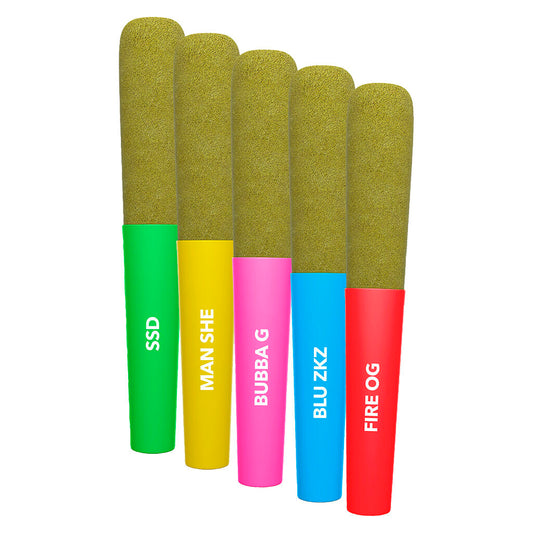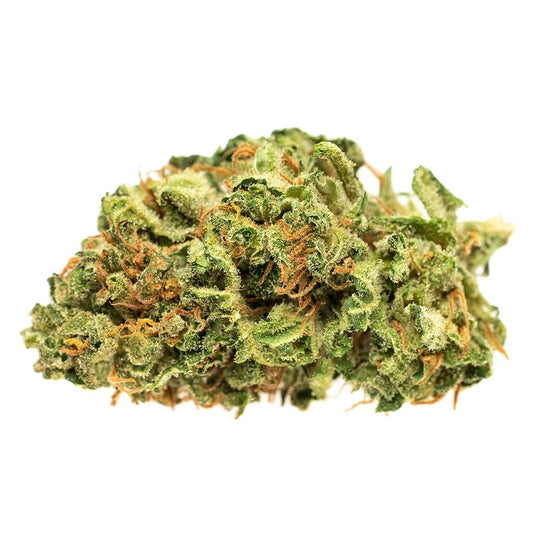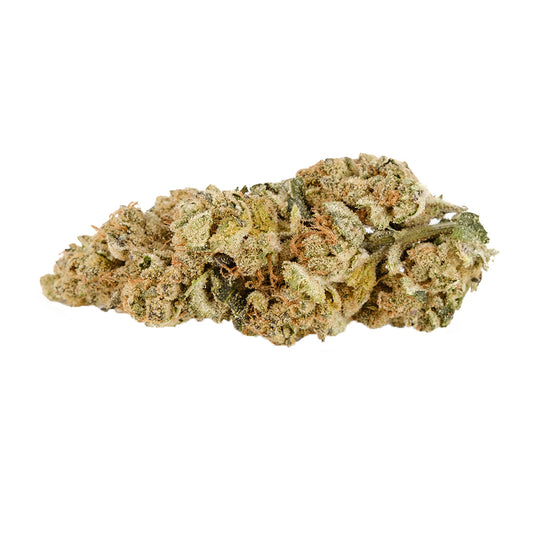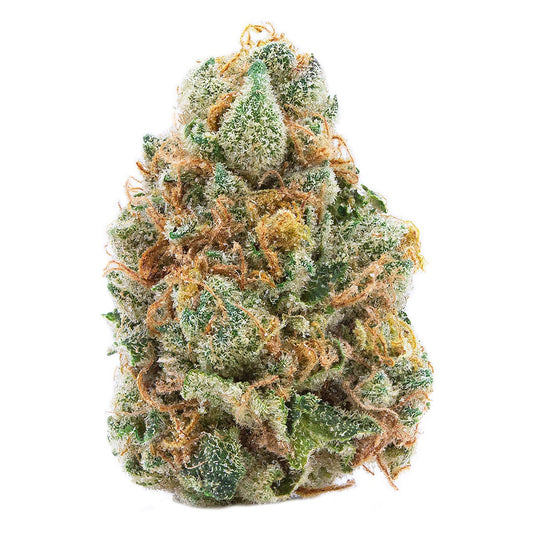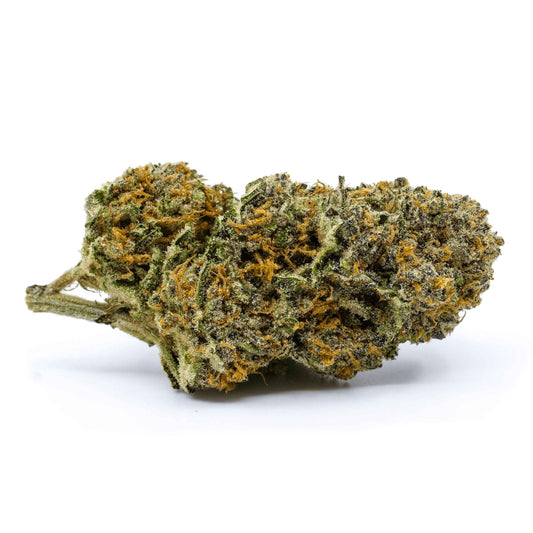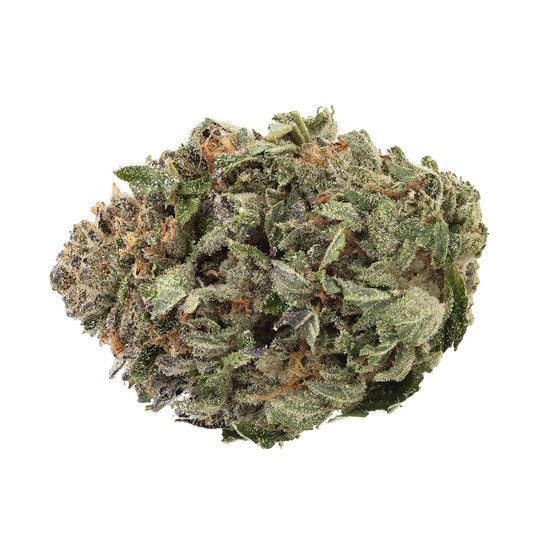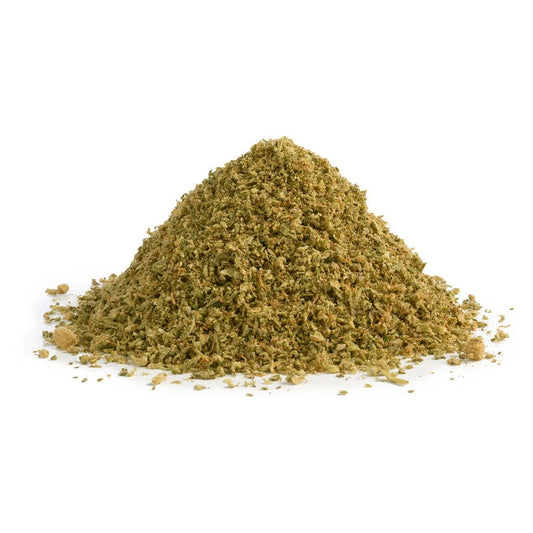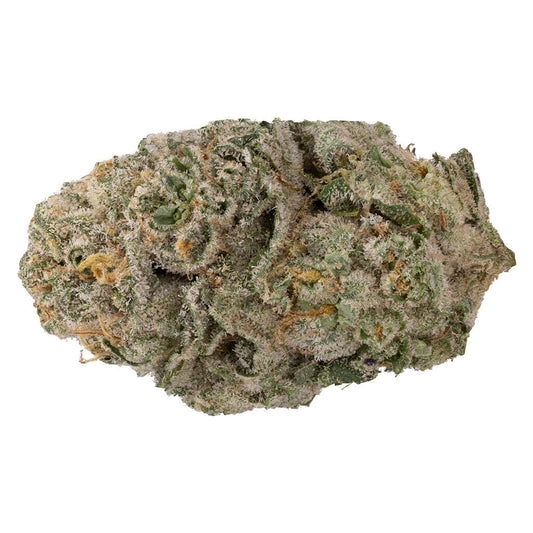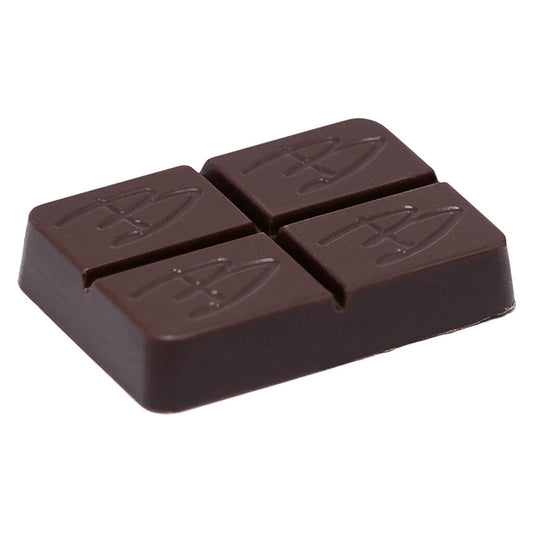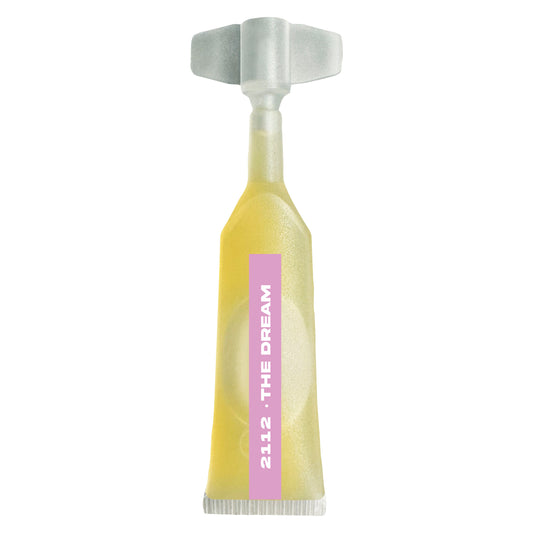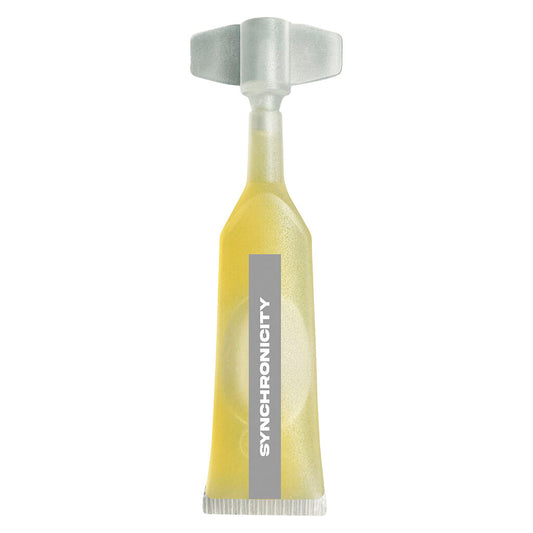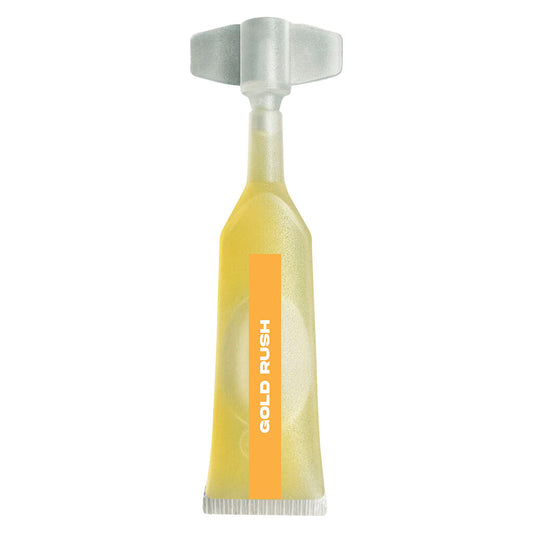Hemp and cannabis often get mixed up, but they have some key differences that make each one unique. While both come from the Cannabis sativa plant, the big distinction is in their chemical makeup, especially when it comes to THC (tetrahydrocannabinol), the compound that gives cannabis its psychoactive effects.
Cannabis, typically contains higher levels of THC, which is what causes the "high" sensation. Hemp, on the other hand, has very low levels of THC—usually less than 0.3%—meaning it won't get you high.
What Is Hemp?
Hemp is a versatile, non-intoxicating variety of the Cannabis sativa plant that has been cultivated for thousands of years for its wide range of uses. Unlike cannabis strains that are grown for their THC content, hemp contains very low levels of THC (typically less than 0.3%), meaning it won’t cause a “high.”
Hemp is incredibly sustainable and can be used to produce a variety of products, including textiles, paper, biodegradable plastics, and even food products like hemp seeds and oil. It’s also a major source of CBD, the popular cannabinoid known for its wide application in wellness products. Hemp’s eco-friendliness and versatility make it a valuable crop for industries across the globe.
What Is Hemp Used For?
Hemp is an incredibly versatile plant with a wide range of uses across many industries. One of its primary applications is in the production of textiles and fabrics, where hemp fibres are used to create durable, eco-friendly clothing, ropes, and even canvas. Hemp is also used to make paper, providing an alternative to traditional wood pulp paper that’s more sustainable and requires fewer resources.
In addition to industrial uses, hemp seeds and oil are popular in food products. Hemp seeds are highly nutritious, packed with protein, healthy fats, and essential amino acids. Hemp oil, made from pressed seeds, is used in cooking as well as skincare products for its moisturizing properties. Beyond that, hemp is a key source of CBD (cannabidiol), a non-intoxicating compound used in wellness products like oils, gummies, and creams. Hemp’s versatility makes it valuable in industries ranging from textiles and food to health and beauty.

Why Are Hemp and Cannabis Regulated Differently in America?
For Canadians, the distinction between hemp and cannabis can seem a bit confusing since the two are treated very differently south of the border. In the U.S., the key factor that separates hemp from cannabis is the THC content—hemp is defined as having 0.3% THC or less, making it non-intoxicating.
Thanks to the 2018 Farm Bill, hemp was federally legalized in the U.S., allowing it to be grown, processed, and sold just like other agricultural crops. This is why you can find hemp-based products, like CBD oils, textiles, and foods, widely available across the country.
Cannabis, on the other hand, is still considered a controlled substance at the federal level, which means it’s technically illegal across the entire country. However, many U.S. states have moved forward with their own cannabis legalization, whether for medical or recreational use. This creates a patchwork of laws, where cannabis can be completely legal in one state, like California or Colorado, but illegal in others.
Unlike hemp, cannabis is heavily regulated, and where it’s legal, you’ll find strict rules around purchasing, growing, and consuming it. For Canadians, this dual regulatory system can be tricky to navigate, but the basic takeaway is: hemp is widely legal and treated like a crop, while cannabis is still federally prohibited but allowed in some states under specific conditions.



